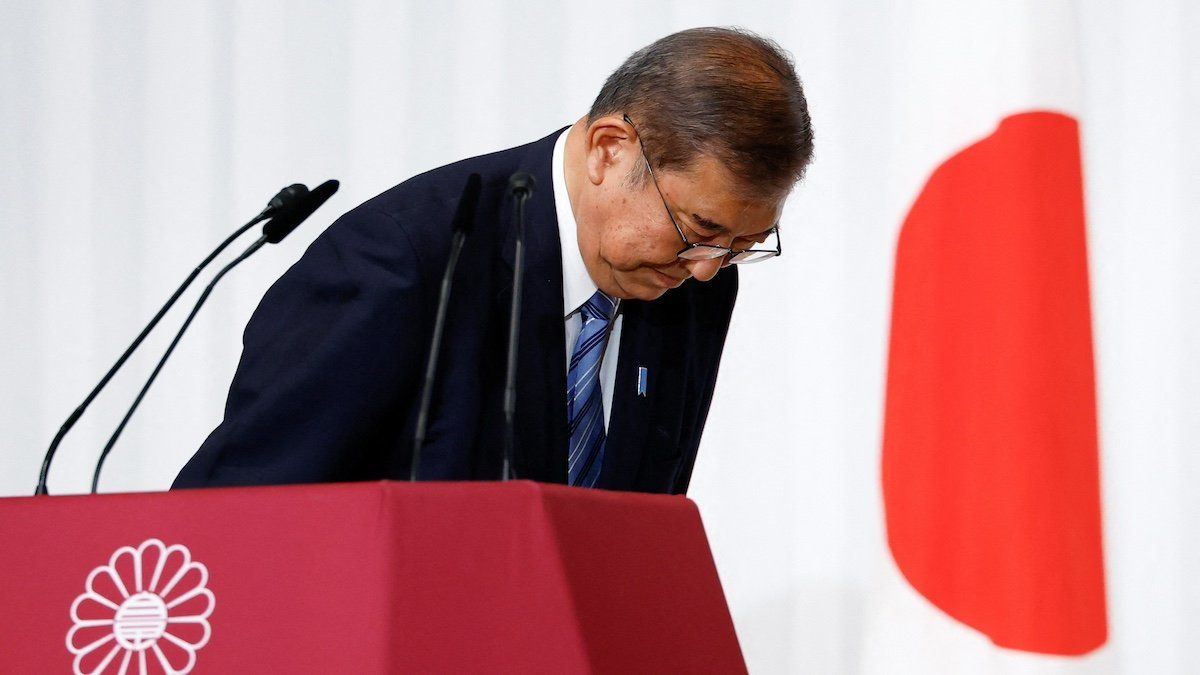Japanese Prime Minister Shigeru Ishiba is promising deep internal reforms to the Liberal Democratic Party after voters delivered what he called a “severe judgment” in Sunday’s elections, costing him the majority in the lower house of Parliament. The LDP has ruled since 1955 with only brief interruptions, but it lost 56 seats as voters expressed frustration with a funding scandal that has tarnished the party’s image with corruption and entitlement.
An unforced error? The PM only came to power on Oct. 1 in an internal party vote after his predecessor, Fumio Kishida, stepped down. Ishiba could have waited up to a year to call an election but wanted to win a mandate from voters quickly. A little patience might have paid off – and given him time to move away from the scandal and work on Japan’s sluggish economy.
What’s next? Ishiba has 30 days to form a coalition, and he will need to include an extra partner beyond traditional allies from the Komeito party. The most likely contender is the Democratic Party for the People, a fellow center-right party that saw its seat count rise from 7 to 28, but its leader is playing hardball. YuichiroTamaki says he would prefer to work with the LDP on an issue-by-issue basis — which would mean catering to his needs on every vote.
Will the US-Japan alliance suffer? Not likely. The alliance is a point of broad consensus in Tokyo, but plans to amp up Japanese defense may need to take a backseat.
